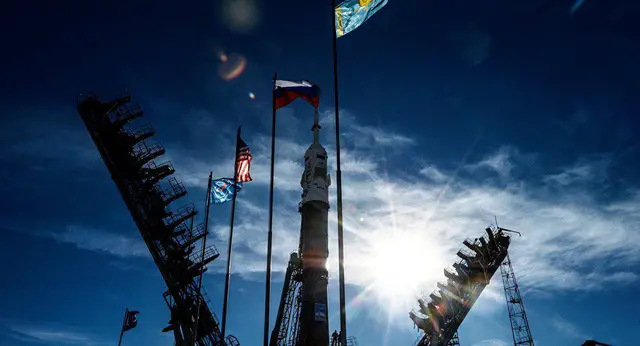Kim Jong Un, top leader of the Democratic People's Republic of Korea (DPRK), met Chinese Vice-President Li Yuanchao on Thursday to discuss relations between their two countries.
Li arrived here earlier on the day to pay a visit to the DPRK and to attend activities marking the 60th anniversary of the Korea War Armistice.
During the meeting with Kim, Li said the anniversary was a chance to remember the outstanding sons and daughters of China and the DPRK who sacrificed their lives to defend their homelands.
"Reviewing history, we deeply feel that today's peace is hard earned and should be cherished doubly," said Li, who is also a member of the Political Bureau of the Central Committee of the Communist Party of China.
The China-DPRK relationship was entering a new period that built on the past and prepared for the future, Li said, adding China was willing to work with the DPRK to strengthen mutual trust and communications, expand exchanges and cooperation in various fields, and advance bilateral ties.
Li noted that, as a neighbor of the Korean Peninsula, China persisted in the realization of its denuclearization and the maintenance of its peace and stability. China insisted problems should be solved by dialogue and negotiation, he said.
Li said China would like to push the resumption of the Six-Party Talks and devote itself to the denuclearization of the Korean Peninsula together with all related parties, in a bid to achieve peace in the region.
Kim, first chairman of the DPRK's National Defense Commission, said the Workers' Party of Korea and the DPRK people would remember the martyrs of the DPRK and China who sacrificed in the war forever.
The DPRK highly regarded the great achievements of China's socialist cause, and valued its traditional friendship with China, he said, adding his country was willing to promote its communication and cooperation with China, and push the development of the two countries' relationship.
Kim said the DPRK was dedicated to developing its economy and improving its people's lives, which required a stable outer environment. The DPRK supported China's efforts to restart the Six-Party Talks, and would like to make efforts with all parties to protect the peace and stability of the Korean Peninsula, he said.
"Chances are slim that North Korea will return to Six-Party Talks," said Cheung Siu Wai, commentator and a specialist in international affairs.
North Korea is taking tough measures towards South Korea, and Kaesong industrial park talks ended without any agreement. "These give us a signal that North Korea takes an uncompromising stand on its nuclear program. South Korea and its ally U.S. might take appropriate measures in return, which makes the situation much more complex," he added.
"China is showing to the outside world its attempts to push the resumption of the Six-Party Talks. But no substantial progress has been made so far," Cheung said, “One possible reason for this is that North Korea might make incomprehensible demands from China and the U.S., which leads to the dead end.
 简体中文
简体中文










